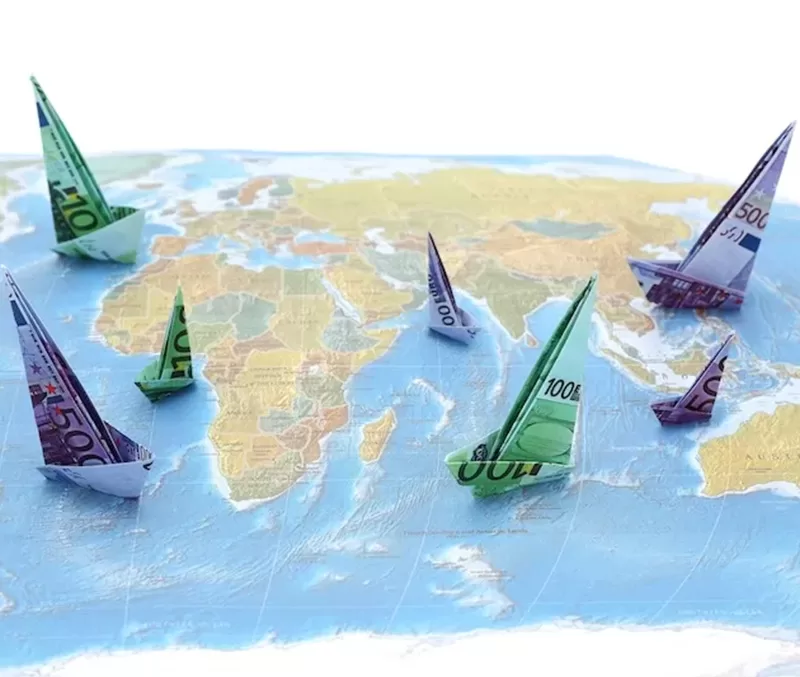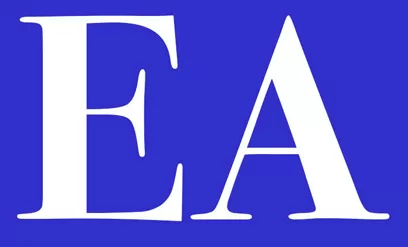Finding Employment in France.
When it comes to ECC members, there is a free movement of labor that allows all members of this community to find employment and work in France and in any other countries that are also members. For those who are not members of the EEC, the required documentation would be a Letter of Employment (or a Carte de Sejours in French) from a company in France plus a valid working visa issued by the French Embassy or Consulate.
Employment Types
Regardless of the conditions and requisites for taking a job in France, every single employment offer is carried with a full contract between the parts (employee and employer).
- Contrat a Dure Indertermine: This type of contract is also known as CDI in France, and when signing it, both parties commit to work together for an unlimited amount of time. Most people visiting France looking for employment seek out this type of contract, but it can be quite difficult to obtain it directly. However, most of the people who do obtain it do so after being hired temporarily, at first.
- Contrat a Dure Determine: Also known as a CDD, this type of contract is required for jobs that are taken for a preset amount of time. It is usually used for seasonal jobs or for jobs that require personnel for very specific time periods. The CDD can be renewed up to two times, after which it needs to become a CDI.
This type of contract is of course, very beneficial and even ideal for people looking for something temporary, but it is also very strict, and anyone who signs this type of contract in France and does not honor it (by walking out of the job, for example), will be legally required by his or her employee to repay the company all wages earned up to that moment.
- Contract Nouvelle Embauche: This type of contract is also known as the CNE, and it is being used more often by French businesses as of late, since it is a fully valid long term contract, and requires a two-year trial period so the French employer can fully know and test his or her employee skills and his/her contribution to the company. It also offers double the advantages for both parties involved, since on one side the employer is free to dismiss the new employee if he does not meet his/her expectations, and on the other side, new employees know that they have secure employment for at least two years, with even the possibility of getting a CDI.
Finding Employment in France
You can always go the “traditional way” and look for employment like just about everyone else does by preparing a well-written resume and getting ready for an interview. The most common ways to find jobs in France is through both local newspapers and websites, as well as through “Pole Emploi,” which is the name for French Employment Offices that can be around all around France. The more knowledge you have about the language, the better chances you will have to find better employment.
Wages for Employment in France
While every French company or business is free to set its own wages for employees, there is a minimum employment wage in France that is regulated by the French Government. These minimum wages are called “Salarie Minimum de Croissance” (or SMIC for short), and are set at around 8.86 Euros per hour of labor. The SMIC in France is updated every year in the month of January, and one of the most important benefits it offers workers around France is that the percentage of the yearly increment on the SMIC cannot be lower than the percentage of inflation of the past year.
This measure ensures employees always receive the same value for the work done, as well as giving companies a fair indicator to estimate future increments in salaries. Wages are paid at least once every 30 days, mostly at the end of each month, and payment is made through either check or deposit into the employee’s bank account. A slip is usually handed to all employees that provides very detailed information on all the charges applied to their salaries.
Here is probably the most extensive ebook on Everything You Ever Wanted To Know About Eliminating Your Taxes, Protecting Your Assets And Regaining Privacy Over Your Life And Investments. It is called The Ultimate Guide To Going Offshore.
I hope you enjoyed reading this article: Finding Employment in France. If you have any questions, please contact our office HERE.
I’ve included some great articles for you to read, enjoy!
What You Need To Know To Move To France
An Insider Guide to France: Things to See, Do, and Eat

































